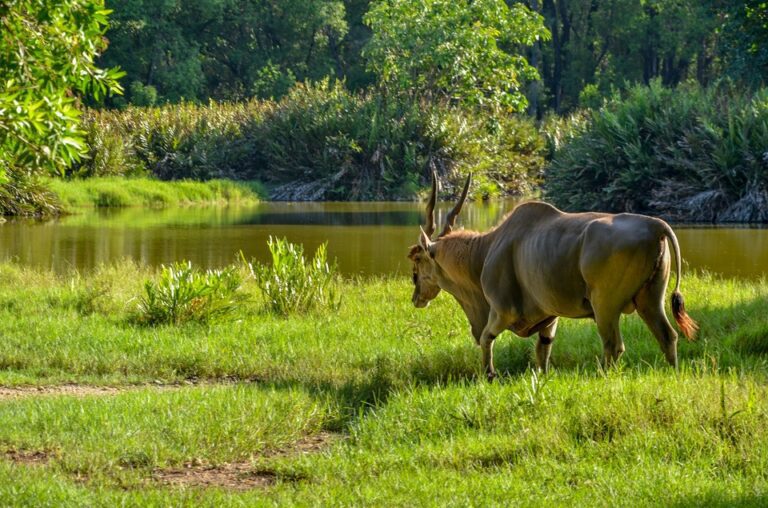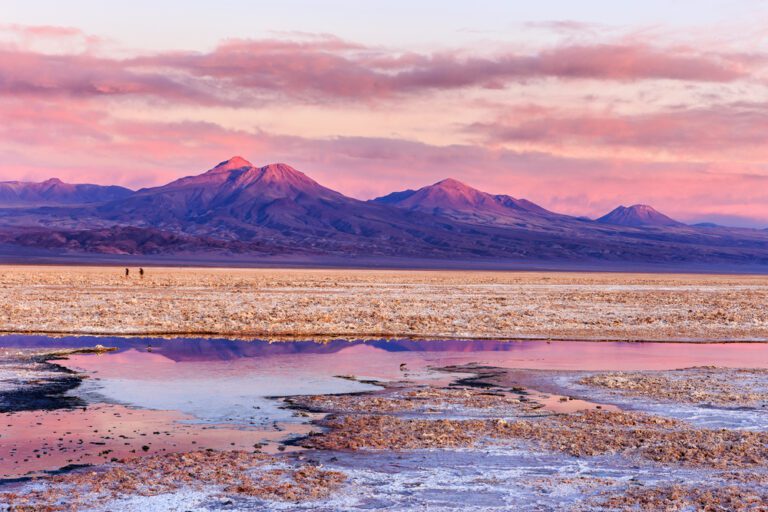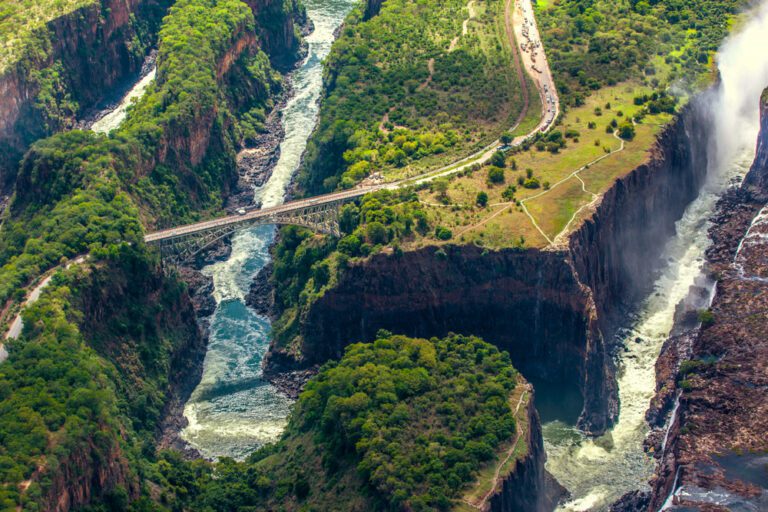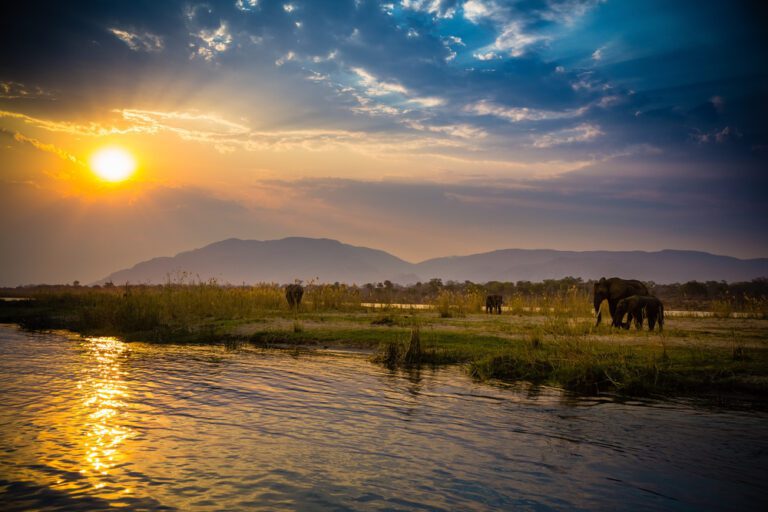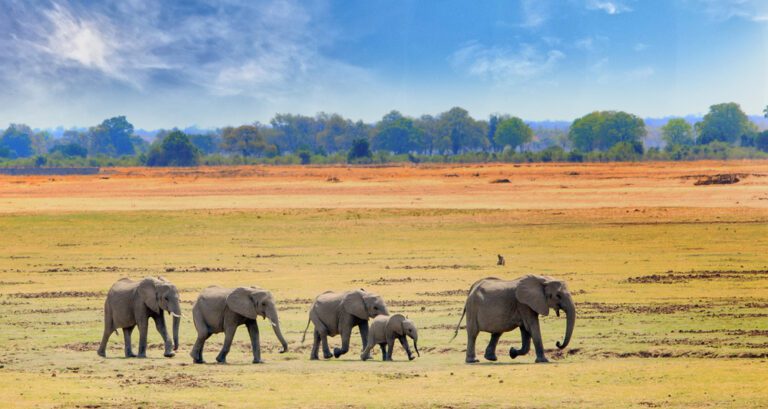I arrive at Wild Mahseer at night, after a five-hour drive from Guwahati, en route to Arunachal Pradesh. Tired and dusty, I am glad to be driven straight to my cottage. Right away, a tray is brought in, laden with estate-grown tea, sandwiches, cupcakes, and the check-in register. Wild Mahseer feels like an ancestral family home—a self-contained and relaxing throwback to the lifestyle of Raj-era tea planters. The property is located on the outskirts of Tezpur, 40 minutes west of the Jia Bhoroli River, once abundant in prized golden mahseer. Set on 22 lush acres, the boutique hotel’s heritage bungalows were part of the Addabarie Tea Estate. Established by the British Assam Tea Company in 1864 for its supervisors and specialists, it has a blend of colonial and Assamese architecture with high ceilings, sloping roofs, chequered floors, and enclosed verandas.
Cottages and rooms are named for teas: Ambrosia, for instance, has two bedrooms, named Oolong and Orthodox Assam. Vintage cane and wooden furniture fills the spaces. I like that in my room, a wiring table overlooks a lawn and stacks of books on the region’s wildlife sit by my bedside. Delicate blue-and-white porcelain decor is a recurring theme, from the teacups I sip from, to fish-shaped plates on walls. My morning begins early, on the patio with a fresh brew, watching the rain. When the skies clear, I wander the adjacent tea estate, where the mist hangs low and there’s not a soul in sight.
Meals are served at First Flush, the high-roofed, glass-panelled dining space which is a converted tractor shed. At breakfast I enjoy a hearty spread choosing from a buffet of Indian and continental dishes. The daily set menu features wholesome Indian and typical Anglo-Indian dishes including colonial-era staples like planter’s goulash, potato chops, and mutton stew. Locally grown produce is used in homely spreads of roti, dal, chicken curry, and vegetables. I particularly enjoy the seasonal local saag and fragrant Assamese Joha rice.
Amidst sniffing, swirling, and sipping at a tea tasting session, I learn about the grades and taste of Assam’s black teas. There is neither TV nor Wi-Fi, instead activities like river rafting, bicycling, and safaris at Kaziranga and Nameri national parks can be organised. The Heritage Bungalow has a library with old angling paraphernalia and photos of planters with their catch, harking back to a time when the now overfished mahseer was abundant in local rivers. Recreational angling is banned in Assam but possible in the neighbouring state of Arunachal and can be organized by the management. Another long journey lies ahead for me, but the night is finally clear. I settle into my front lawn to feast my city-weary eyes on millions of stars.




